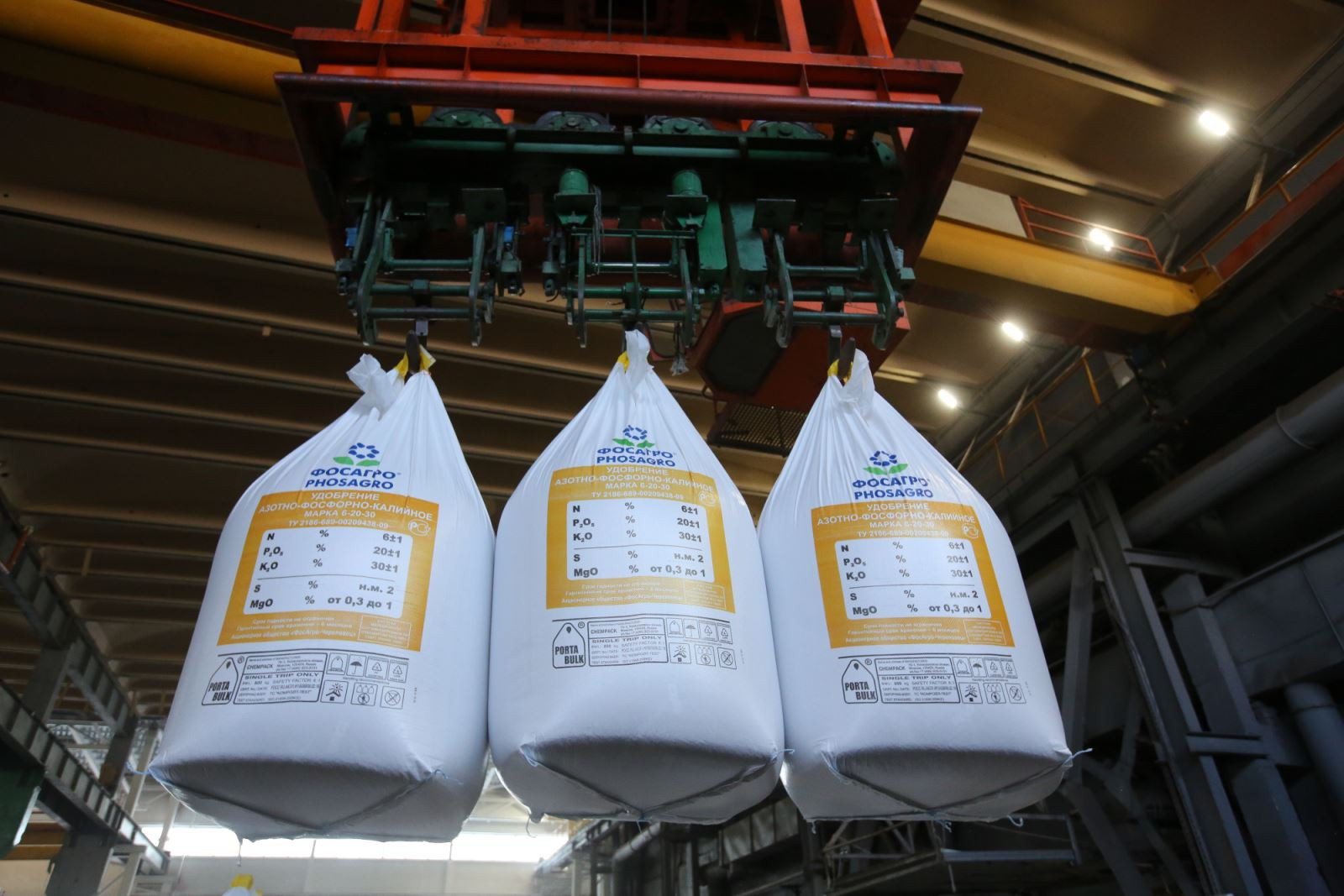Europe's leading economy has more than quadrupled the value of its imports of this item from Russia from July 2022 to June 2023.

Germany has increased nitrogen fertilizer imports from Russia over the past year despite Berlin's repeated statements about boycotting the sanctioned country, RT reported this week, citing calculations based on data from the Federal Statistical Office (Destatis).
According to the report, German farmers' purchases of Russian fertilizers increased by about 334%, from 38.5 thousand tons in July 2022 to 167 thousand tons as of June 2023. Urea imports alone increased by 304% in the first half of 2023 compared to the same period last year. As a result, Russia's share of the country's total fertilizer imports increased from 5.6% to nearly 18%.
Germany’s domestic fertilizer production is falling amid rising gas prices, which make production more expensive. While German companies produced 37% of the country’s total fertilizer consumption in the 2021-2022 agricultural year, they only produced 5% last year.
Heavily dependent on energy imports from Russia, Germany has been one of the countries hardest hit by cuts in Russian gas supplies, which were reduced significantly last year after the EU imposed sanctions on Moscow in response to the conflict in Ukraine. Imports from alternative sources have helped lower German energy prices, but only to some extent, and recent forecasts suggest prices will remain elevated until at least 2027.
Martin May, spokesman for the German Agricultural Industry Association, told Berliner Zeitung that buying Russian fertilizer was just another way the country imported Russian gas.
“For Germany, last year was a major push to become independent of Russian gas supplies. Gas and energy account for 80-90% of the cost of producing fertilizer. That means that in the end, imported fertilizer is no different from cheap Russian natural gas at the next stage of value addition,” May said.
Earlier, according to Bloomberg news agency, Russia is looking to tighten control over fertilizer exports. Specifically, Moscow is evaluating the possibility of establishing a unified trading company for fertilizer exports. Russian fertilizer exporters will be merged into one entity, which will give Russia more influence in the global market, while the government will gain more control over fertilizer export revenue.
The idea was proposed in August by Dmitry Mazepin, founder of Russian fertilizer giant Uralchem. The proposal has been discussed by major fertilizer producers, Deputy Prime Minister Denis Manturov and Prime Minister Mikhail Mishustin. However, some fertilizer producers are not in favor of the proposal, fearing that it could harm their businesses. Currently, the talks are at an early stage and no decisions have been made.
Russia is the world’s largest producer of fertilizers, accounting for about 15% of global consumption. Russian fertilizer exports are not directly targeted by Western sanctions imposed on Moscow over the conflict in Ukraine. However, the restrictions have still affected deliveries, with shipments down 15% year-on-year in 2022.
For example, Baltic ports have stopped handling most Russian fertilizers due to shipping and insurance restrictions, while some cargoes are blocked at ports across the EU.
The withdrawal of global shipping companies, some international banks and insurance companies from Russia has also contributed to the difficulties for exporters.
However, according to official data, Russian exports of most fertilizers have recovered this year thanks to successful efforts to redirect shipments to Asia. The head of the Russian Fertilizer Producers Association (RAPU), Andrey Guryev, predicted in May that exports could reach pre-sanctions levels of around 38 million tonnes by the end of the year. Russia’s average annual fertilizer output is around 55 million tonnes.